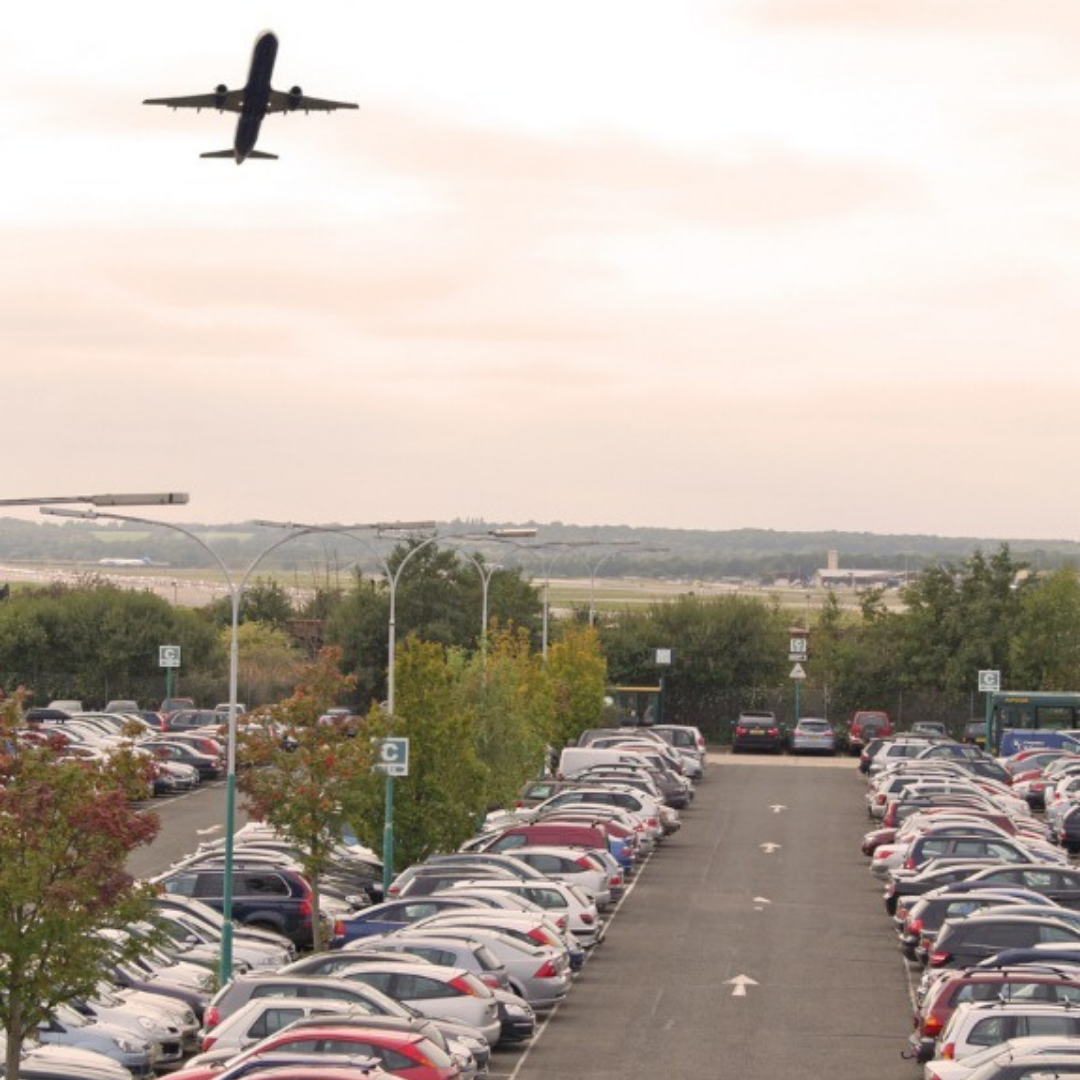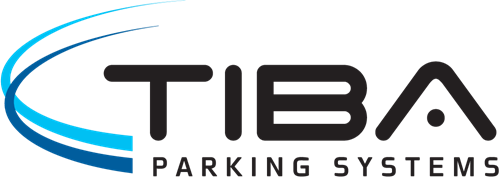ROKER: Why Is Airport Parking So Expensive?

For enthusiastic vacationers, there is perhaps no greater buzzkill than suddenly discovering airport parking fees can amount to a third or even half of an exciting online discount airfare. But that’s increasingly the case across the country as post-pandemic airfare discounts designed to lure still-cautious travelers continue to outpace less forgiving parking fees. Much of this has to do with the simple economics of supply-and-demand: an ever-increasing supply of vehicles versus a fixed number of parking spaces. However, much more of it can be attributed to airline consolidations and shrinking flight corridors over the last several decades, which have forced airports to get creative about their revenue streams.
Only about 50% of an average airport’s revenue comes from servicing flights. The rest—what’s termed non-aeronautical revenue—comes from amenities such as restaurants, retail shops, lounges, baggage handling and, of course, parking. In fact, parking accounts for 20% of an average airport’s total revenue, amounting to about $13 billion annually in the United States, according to the latest data from Airports Council International-North America (ACI-NA).
Where It All Began
For most of the early years of commercial travel, there wasn’t much that was special or alluring about airports. In fact, they were downright dull and often modeled after dreary utilitarian bus terminals. Parking lots were simply an afterthought. That’s because in those days people were generally driven to and from airports by friends or they took buses or taxis. It wasn’t until the 1950s, in Cleveland, that the first planned parking lots were introduced and supplemented with security and proper lighting. Soon after, as airports around the country became major traveling hubs and terminals grew more sophisticated, parking lots increased in size and importance in terms of revenue potential. In time, these lots took on the current two-tiered pricing form: short-term parking, billed at a high hourly rate, and marketed toward those picking up or dropping of patrons; and long-term parking, billed at a lower daily rate, and marketed toward patrons whose return flights weren’t due for a day or more.
Current Real-World Parking Costs
Atlanta International Airport (ATL) is the busiest airport in the US and one of the three busiest in the entire world. In 2021, it accommodated 75 million passengers on 707,661 flights—remarkable numbers given that the COVID-19 pandemic was still in full swing.
So what does it cost to park in such a record-breaking facility? Currently, short-term parking costs $3 per hour and long-term parking costs $19 per day in the daily lot. It may sound confusing but if you accidentally park your car in the designated hourly lot for more than a day, you will pay at a rate of $36 per day.
By comparison, Los Angeles International Airport (LAX), which is the second busiest airport in the US, saw 48 million passengers through its terminals in 2021 on about 506,769 flights. Short-term parking rates are $3 for the first hour and $2 for each additional 30 minutes. Long-term parking is $50 per day or $70 a day for the valet parking option.
Why You Pay So Much
1. Real Estate
By their very nature and without exception, airports require a great deal of real estate. To be functional, efficient, convenient and profitable, airports must be located in or around major cities and that proximity drives the cost of real estate and taxes way up. Much of an airport’s land consists of non-revenue generating asphalt voids in the form of roads and runways. The exception in terms of asphalt is, of course, parking lots, which have been monetized almost since their inception.
2. Demand
As mentioned early, demand for a fixed number of parking spaces within the context of increased passenger volume remains a major contributing factor in setting parking fees. It’s also why so many airport parking facilities maintain annual peak and off-peak parking rates. It’s cheaper to park during off-peak travel months, which are November through March, than during peak times, which are June through September.
3. Staffing and Maintenance
At a minimum, airport parking fees cover the costs of staffing parking lots with employees like security guards and traffic directors. There’s also the cost of asphalt repair and repaving, speed bumps, security cameras, payment kiosks, entrance and exit booths and automatic number plate recognition (ANPR) systems.
4. Parking Monopolies
By and large, airport parking lots are run by locally based single providers which means they have zero competition and can set market prices.
5. Convenience
Although frequent flyers are increasingly using discount transportation services, like Uber and Lyft to get them to and from the airport, these services can still be costly, and there’s the additional hassle of pick-up wait times. No wonder taking your own car continues to prove far more appealing. The idea of parking close to your departing flight is attractive enough, but knowing you can also return from a long flight and immediately drive home in your own car remains an extremely comforting option for the majority of air travelers. And airports know they can charge a premium for such a convenience. This also explains why most airports charge more the closer you park to the terminal.
Where Things Are Headed
There’s no doubt airport parking facilities will continue to change as strategists plan for increased vehicle volume and models amid shifting population densities. For instance, will airport parking lots incorporate charging stations for the expected influx of electric vehicles and how will this investment impact parking fees? And will states like Florida that are seeing sudden population increases build new airports with expansive and more sophisticated parking facilities or will they simply expand and update existing facilities?
Airports are already experimenting with loyalty programs for frequent fliers, and online websites and booking apps that allow for pre-booking parking are fast becoming the norm. Sites such as Parkfellows.com and OnAirParking.com are already saving consumers money and impacting the parking market.
About ROKER, Inc.
ROKER delivers technology solutions aimed at urban space management inclusive of parking, and enforcement, to enable higher revenue recovery for public safety institutions and the commercial market. The company creates an ecosystem for smart parking that will converge with smart city initiatives across the globe. ROKER leverages proprietary intellectual property from Rekor Systems, Inc. (NASDAQ:REKR), a Maryland- based company providing real-time roadway intelligence through AI-driven decisions, and Cygnet Infotech, a premier product engineering and application development services firm. ROKER was founded in 2020.

.png)



Comments
There are no comments yet for this item
Join the discussion